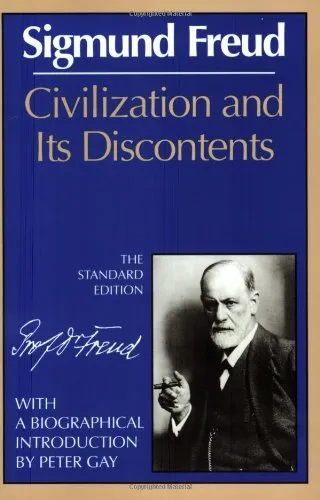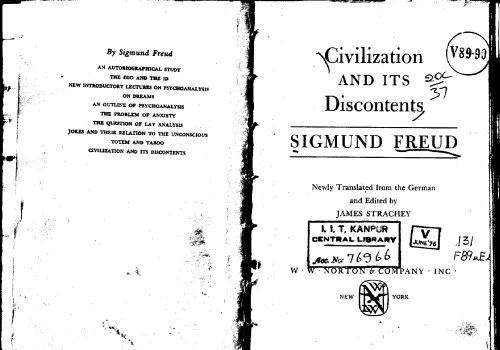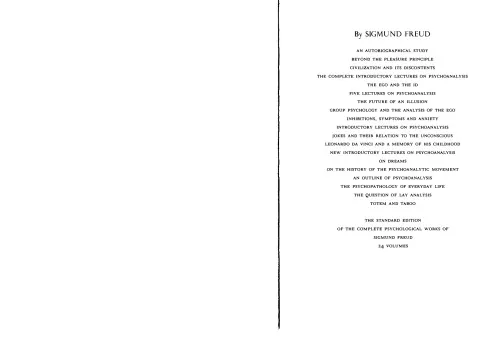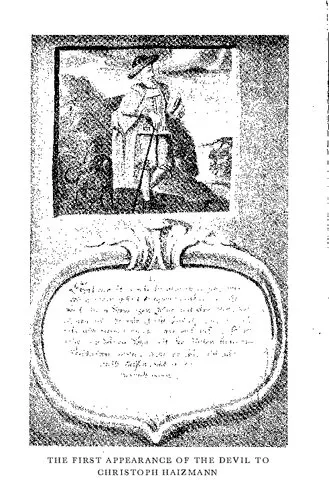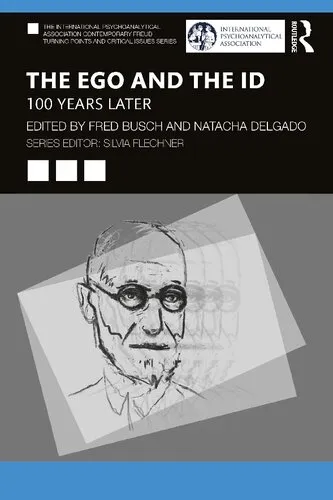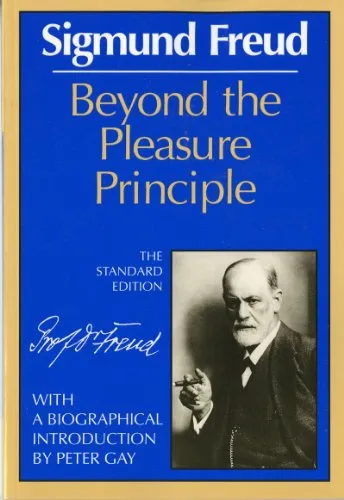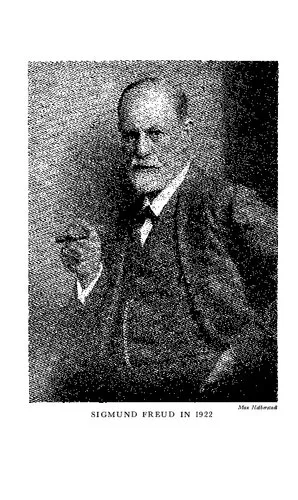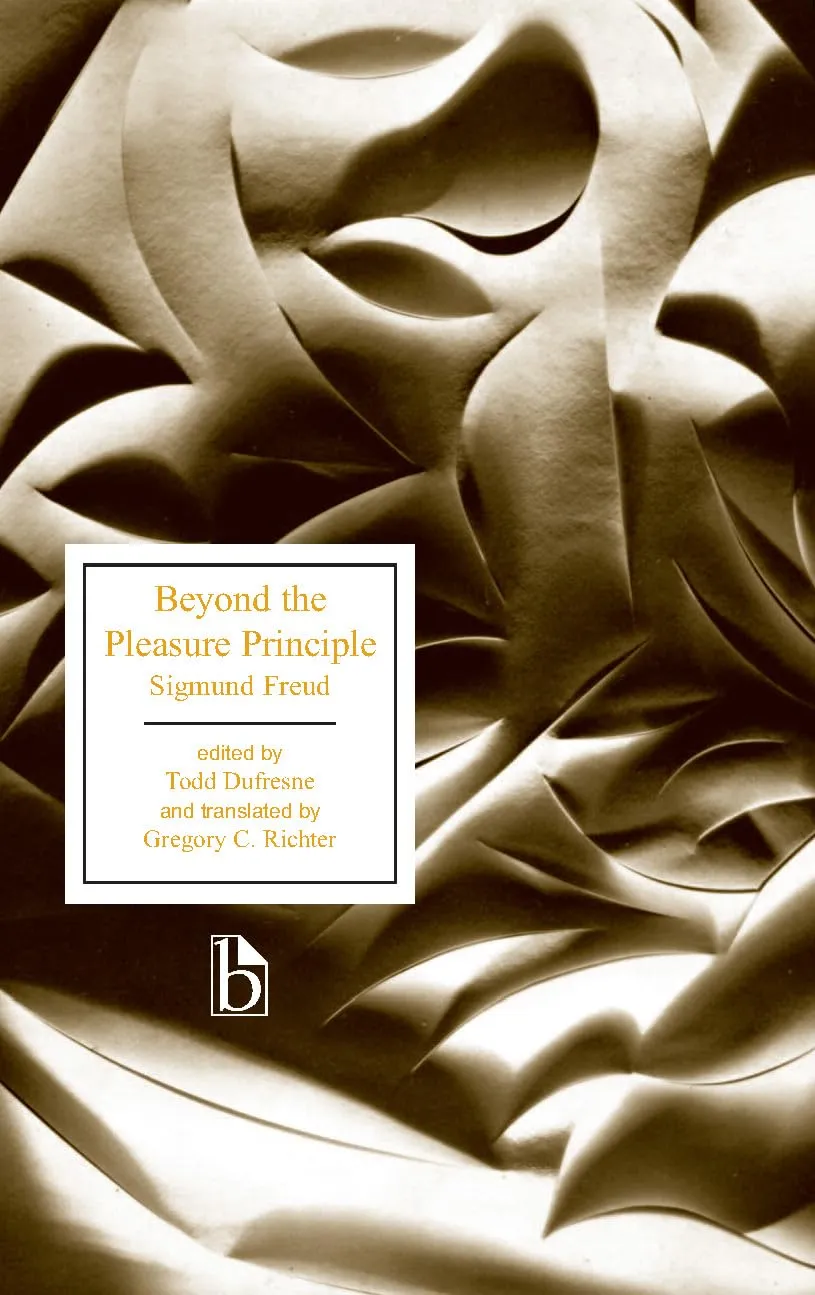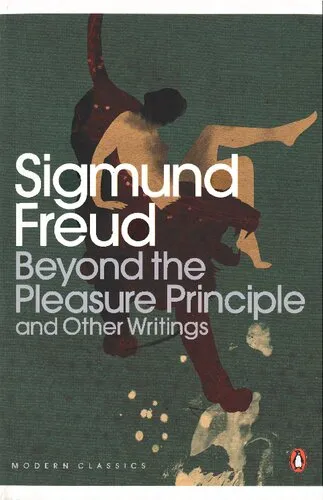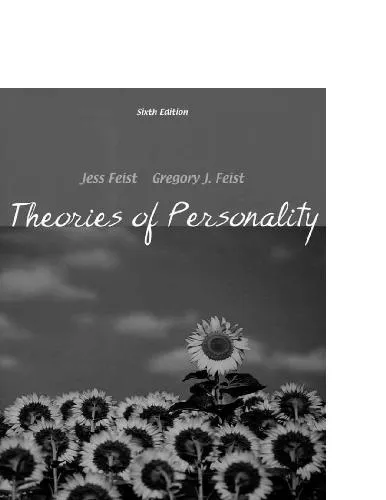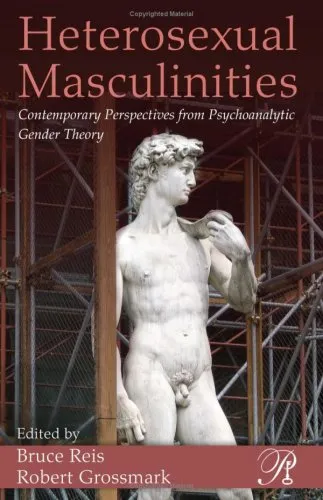Civilization and Its Discontents (The Standard Edition)
4.5
Reviews from our users

You Can Ask your questions from this book's AI after Login
Each download or ask from book AI costs 2 points. To earn more free points, please visit the Points Guide Page and complete some valuable actions.Related Refrences:
Introduction to 'Civilization and Its Discontents'
Sigmund Freud's 'Civilization and Its Discontents' is a seminal text that delves into the inherent tension between the individual and the societal framework. This profound exploration offers insights into the inherent struggles between personal desires and the constraints imposed by civilization.
Detailed Summary of the Book
In 'Civilization and Its Discontents,' Sigmund Freud expounds on his deep-seated belief in the eternal conflict between the individual's quest for freedom and the overarching demands of society. Written in 1930, during a time of global turmoil and discontent, Freud's work reflects on the psychological underpinnings of human happiness and the role of civilization in impeding it.
Freud begins by examining the concept of happiness and the pursuit of pleasure. He argues that the human psyche is driven by the ‘pleasure principle,’ a fundamental desire to fulfill instinctual urges. Civilization, with its rules and regulations, exists in direct opposition to these primitive desires. It imposes limitations, leading to what Freud describes as an inevitable sense of discontent among individuals.
The book further explores the development of civilization through history, emphasizing the sacrifice of individual liberties for the benefits of communal living. Freud discusses the role of guilt and the internal struggle between the ego, id, and superego. Civilization, according to Freud, forces the individual to repress desires, which leads to neuroses and a pervasive sense of unease.
Freud's exploration moves into realms of violence, religion, and even love. He examines humanity's aggressive instincts and how these are harnessed or suppressed by societal structures. Religion is critiqued as a cultural artifact created to control innate desires and provide solace for the frustrations civilization induces.
Key Takeaways
- The perpetual conflict between individual desires and societal expectations.
- The role of guilt and internalized conscience in the formation of civilization.
- Civilization’s intention to curb human aggression often leads to societal unhappiness.
- Religion is viewed as a mechanism for controlling inherent desires.
- The ultimate paradox of civilization: it promotes progress while restricting individual freedom.
Famous Quotes from the Book
"The price we pay for our advance in civilization is a loss of happiness through the heightening of the sense of guilt."
"Most people do not really want freedom, because freedom involves responsibility, and most people are frightened of responsibility."
"Where id was, there ego shall be."
Why This Book Matters
Freud's 'Civilization and Its Discontents' remains an influential text in psychology and social theory, resonating with contemporary readers who grapple with the balance between personal freedoms and societal expectations. The book's exploration of the tension between innate drives and cultural constructs provides a profound commentary on the human condition.
Its significance lies in its ability to address the universal themes of human experience: the quest for happiness, the nature of personal liberties, and the influence of societal structures. Freud's work continues to provide valuable insights into the complexities of human psyche and behavior in relation to cultural norms.
In today's increasingly interconnected world, the book's exploration of societal dynamics and individual psychology remains as pertinent as ever, offering a framework for understanding the ongoing struggle between personal desires and collective expectations.
Free Direct Download
You Can Download this book after Login
Accessing books through legal platforms and public libraries not only supports the rights of authors and publishers but also contributes to the sustainability of reading culture. Before downloading, please take a moment to consider these options.
Find this book on other platforms:
WorldCat helps you find books in libraries worldwide.
See ratings, reviews, and discussions on Goodreads.
Find and buy rare or used books on AbeBooks.
1543
بازدید4.5
امتیاز0
نظر98%
رضایتReviews:
4.5
Based on 0 users review
Questions & Answers
Ask questions about this book or help others by answering
No questions yet. Be the first to ask!
